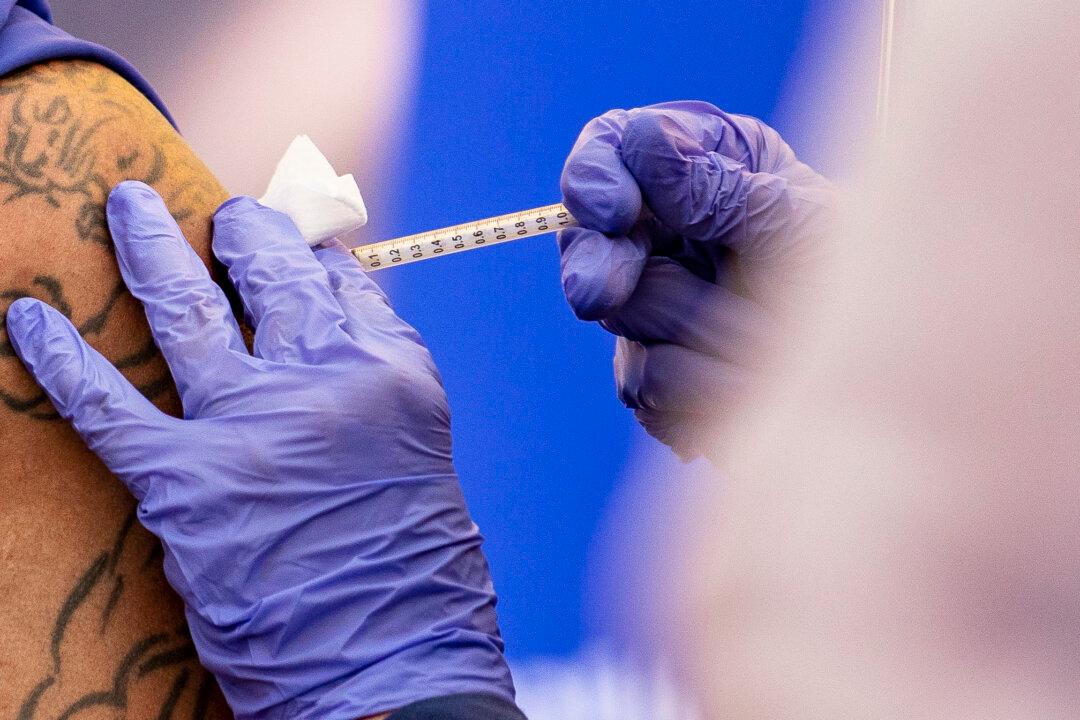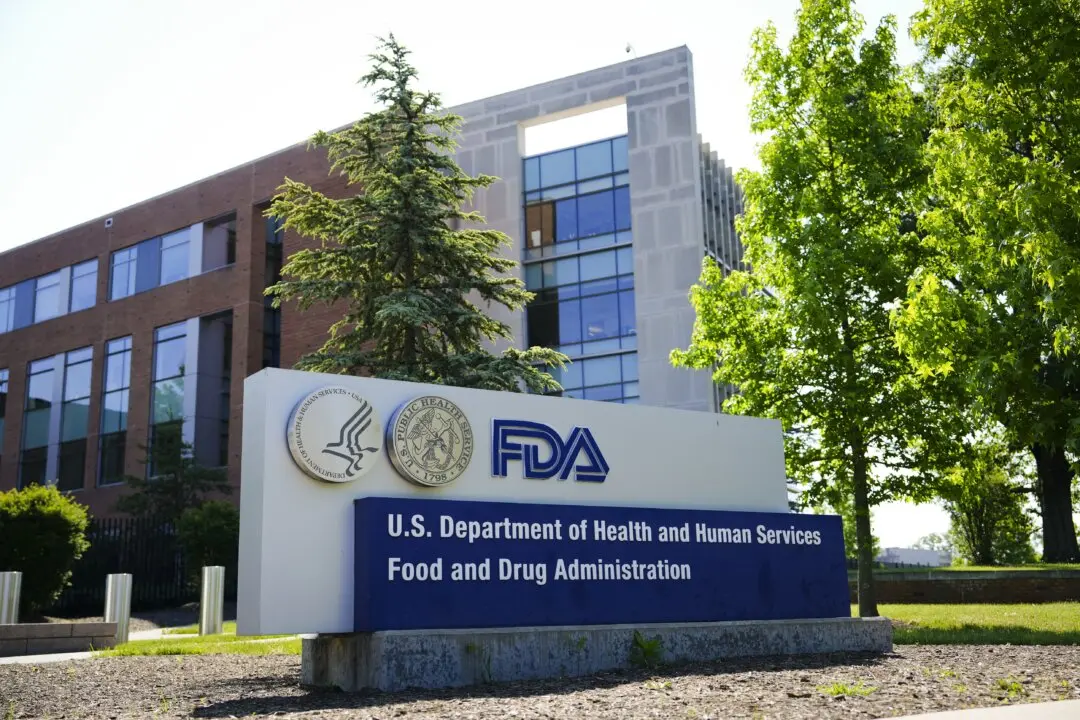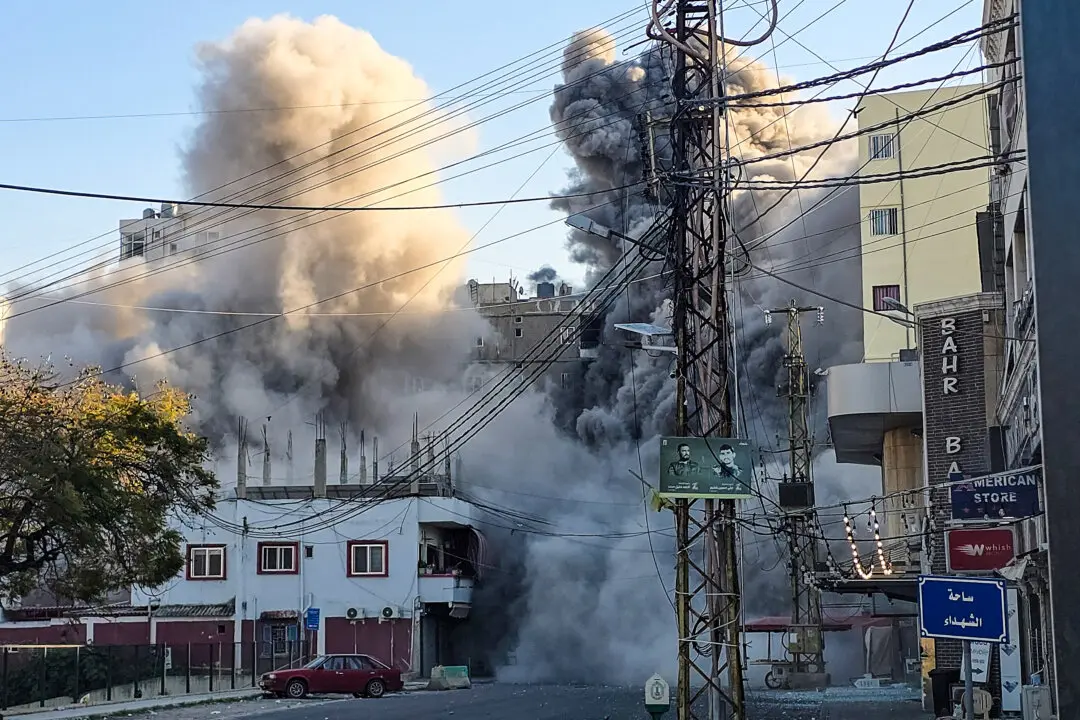The Food and Drug Administration (FDA) on Friday revised the emergency use authorization for Moderna’s COVID-19 vaccine by shortening the period of time between receiving the initial two-dose vaccination and the booster shot by one month.
For those aged 18 and older, the FDA now recommends that people receive the booster dose five months, instead of six, after the initial vaccine regimen.





